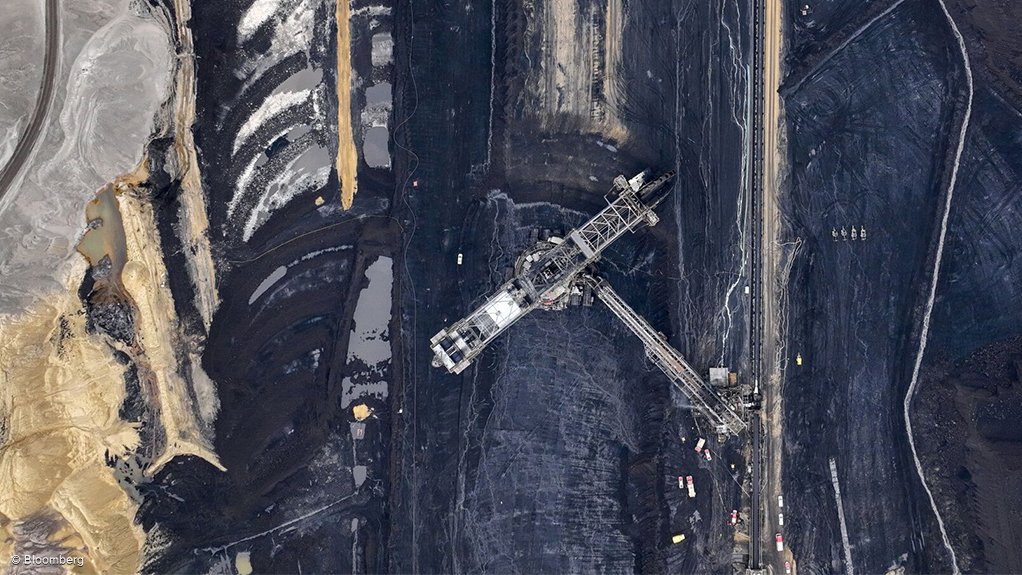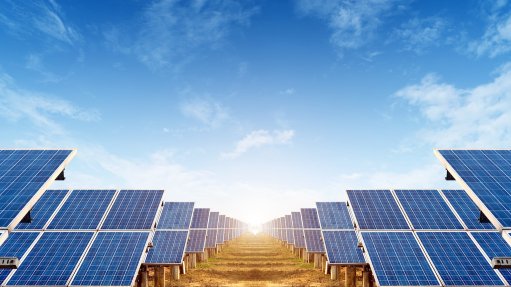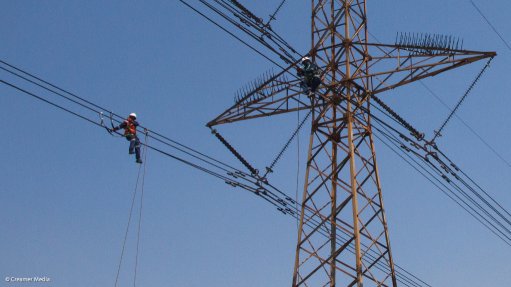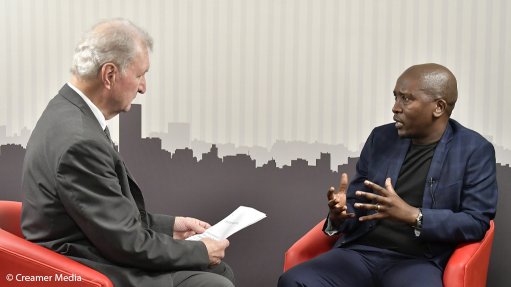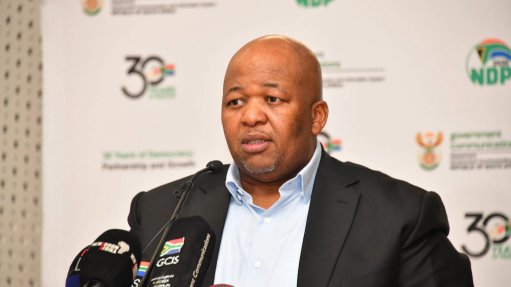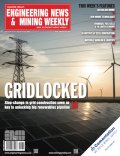Deutsche Bank places new restrictions on financing of coal
Deutsche Bank is expanding restrictions on its financing of coal, one of the main sources of energy in its home market of Germany, as part of a wider crackdown on high-emitting sectors.
Companies that have “no credible plans” to reduce thermal coal’s contribution to their revenue below half by 2025 will see their financing cut off, the Frankfurt-based bank said in its initial transition plan, published on Thursday. For companies operating outside the OECD, the revenue threshold is 30% by 2030.
Deutsche Bank also expects that “at least 90% of the high-emitting clients in the most carbon intensive sectors who seek to engage in new corporate lending transactions with us shall have a net zero commitment in place from 2026 onward,” it said.
It’s the latest major bank to try to reassure investors and regulators that it has a pathway to eliminating its financed emissions by 2050. BNP Paribas, the European Union’s biggest lender, has expanded its restrictions on fossil finance to include debt capital markets, while the German unit of ING Groep says it’s already turning away high-emitting clients each year.
For Deutsche, the “biggest challenge” to hitting its 2050 net zero goal is slashing the carbon footprint of its loan portfolios, “in particular the European residential real estate portfolio and our global corporate loan portfolio,” it said.
The bank has already set financed emissions reduction targets for the oil and gas, automotive, power-generation and steel industries. Aside from coal, Thursday’s announcement brought with it new restrictions that will affect cement and shipping, and the bank plans to add aviation once the Rocky Mountain Institute publishes a net zero-aligned decarbonisation pathway for the industry.
Financed emissions are those associated with a financial institution’s loans and investments in companies that generate greenhouse gases as part of their business activity. Deutsche Bank published emissions covering approximately 60% of its total loan exposure, which at the end of 2022 totaled 34.4 million tons of CO2 equivalent per year. Of that, 89% came from its €107-billion ($113-billion) corporate loan portfolio, with the remainder resulting from a €175-billion portfolio of loans secured by European residential real estate.
The bank sector plays an outsized role in enabling greenhouse gas emissions by providing the capital that underpins polluting activities. Though most of the biggest banks in the US and Europe have committed to eliminate their financed emissions, progress has so far been limited.
“We are committed to playing our part in fighting climate change,” said CEO Christian Sewing. “We are convinced that it is imperative for a global bank headquartered in Europe to position itself as a sustainability leader if it is to have lasting success in serving its clients.”
For coal, Deutsche’s target covers both thermal and metallurgical coal and builds on an existing thermal coal policy. The bank is aiming for a 49% cut in absolute terms in the broadest measure of financed emissions — known as Scope 3 — by 2030. By 2050, its goal is a 97% reduction. In cement the bank is targeting a 29% reduction in Scope 1 and 2 physical emissions intensity by 2030, and a 98% reduction by 2050.
The bank said state-owned enterprises in countries with so-called Just Energy Transition Partnerships (public-private initiatives intended to fund the early retirement of fossil fuel assets) could still be eligible for finance if they have a trajectory for phase-out of thermal coal that’s aligned with the host country’s commitments, even if those deviate from the bank’s other coal policies.
Late last year the bank created a so-called net zero forum, a gathering of senior sustainability, risk and coverage bankers, to assess potential transactions over €25 million that would increase financed emissions in relevant sectors by more than 1%. In its first year, the forum assessed 41 transactions and recommended in about 25% of cases that clients need to take further actions before any loans be agreed.
Comments
Press Office
Announcements
What's On
Subscribe to improve your user experience...
Option 1 (equivalent of R125 a month):
Receive a weekly copy of Creamer Media's Engineering News & Mining Weekly magazine
(print copy for those in South Africa and e-magazine for those outside of South Africa)
Receive daily email newsletters
Access to full search results
Access archive of magazine back copies
Access to Projects in Progress
Access to ONE Research Report of your choice in PDF format
Option 2 (equivalent of R375 a month):
All benefits from Option 1
PLUS
Access to Creamer Media's Research Channel Africa for ALL Research Reports, in PDF format, on various industrial and mining sectors
including Electricity; Water; Energy Transition; Hydrogen; Roads, Rail and Ports; Coal; Gold; Platinum; Battery Metals; etc.
Already a subscriber?
Forgotten your password?
Receive weekly copy of Creamer Media's Engineering News & Mining Weekly magazine (print copy for those in South Africa and e-magazine for those outside of South Africa)
➕
Recieve daily email newsletters
➕
Access to full search results
➕
Access archive of magazine back copies
➕
Access to Projects in Progress
➕
Access to ONE Research Report of your choice in PDF format
RESEARCH CHANNEL AFRICA
R4500 (equivalent of R375 a month)
SUBSCRIBEAll benefits from Option 1
➕
Access to Creamer Media's Research Channel Africa for ALL Research Reports on various industrial and mining sectors, in PDF format, including on:
Electricity
➕
Water
➕
Energy Transition
➕
Hydrogen
➕
Roads, Rail and Ports
➕
Coal
➕
Gold
➕
Platinum
➕
Battery Metals
➕
etc.
Receive all benefits from Option 1 or Option 2 delivered to numerous people at your company
➕
Multiple User names and Passwords for simultaneous log-ins
➕
Intranet integration access to all in your organisation



